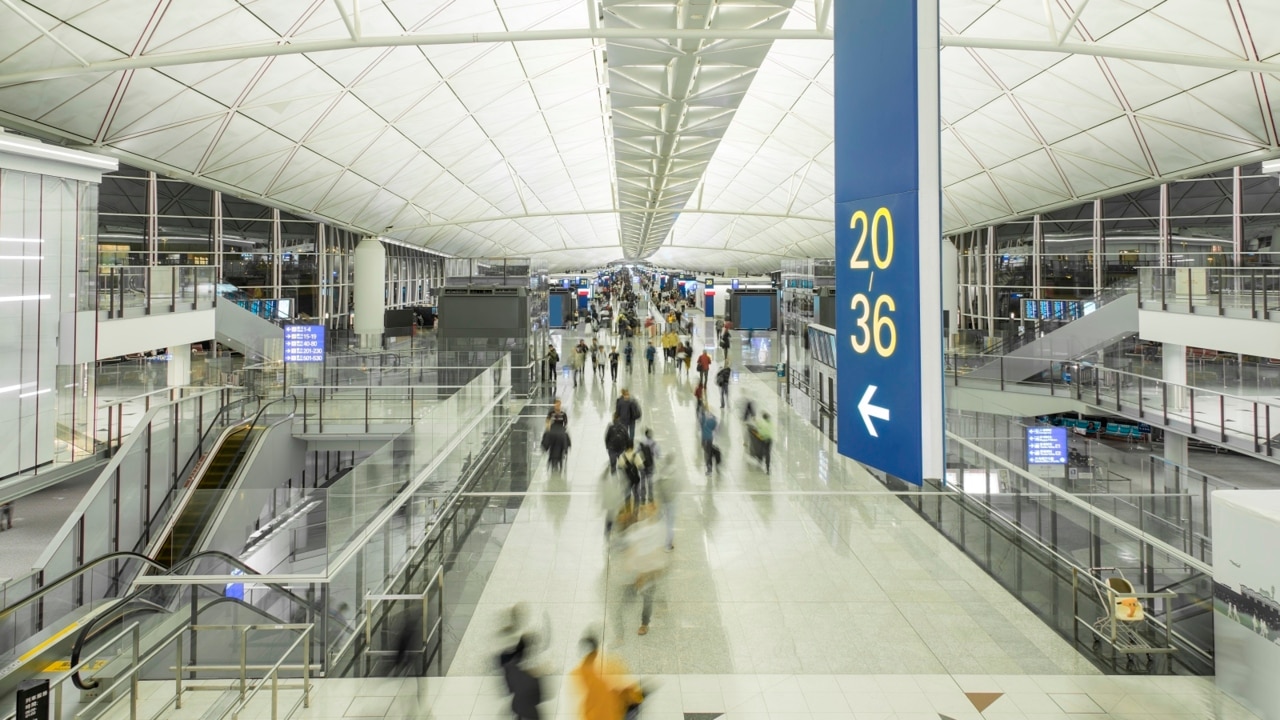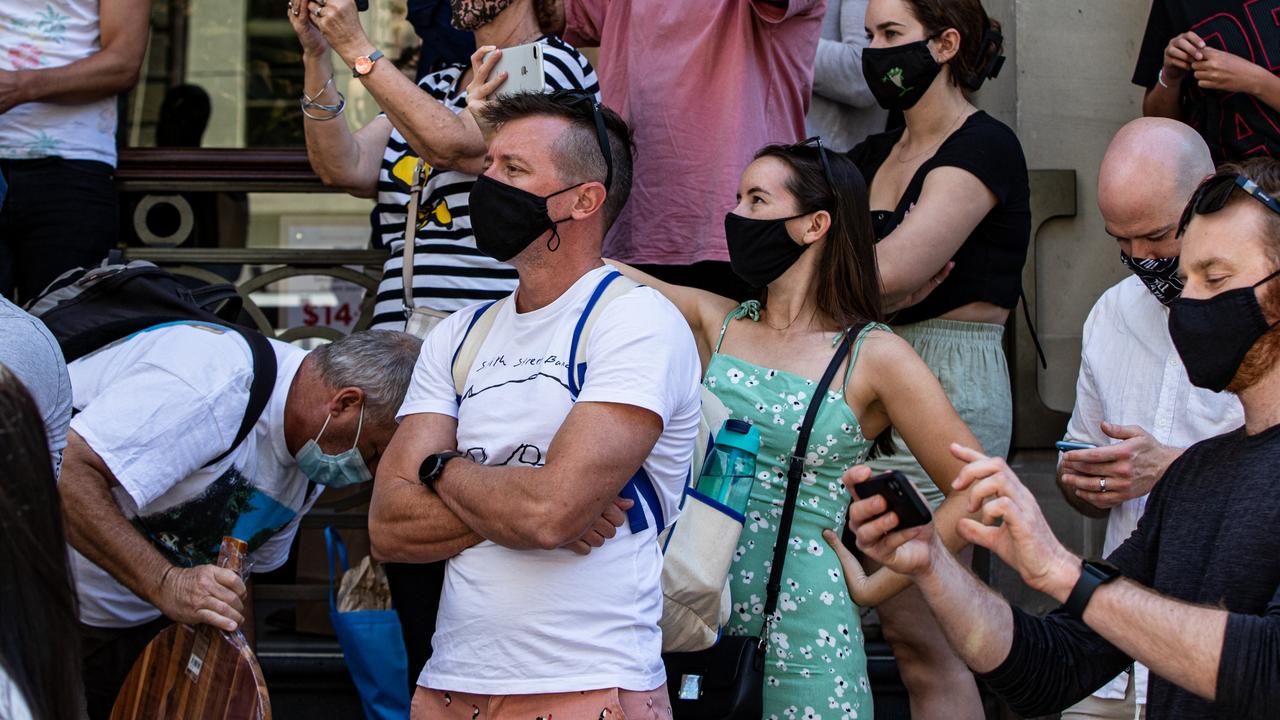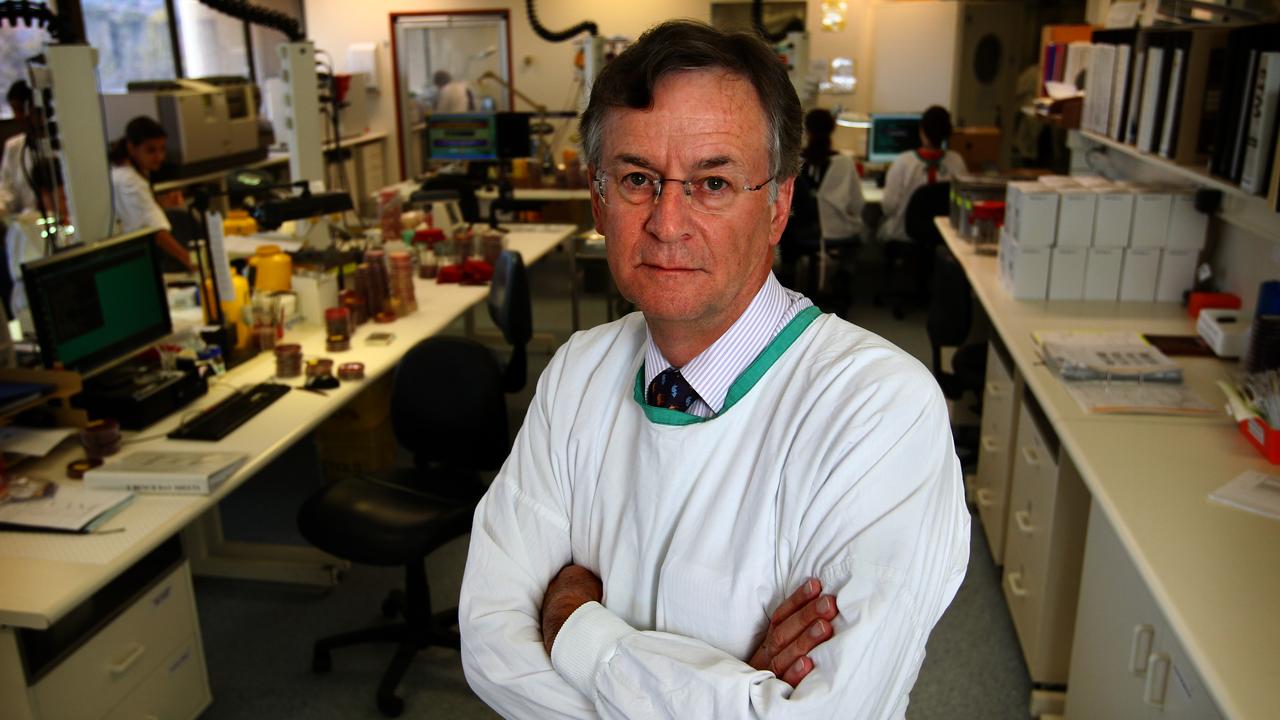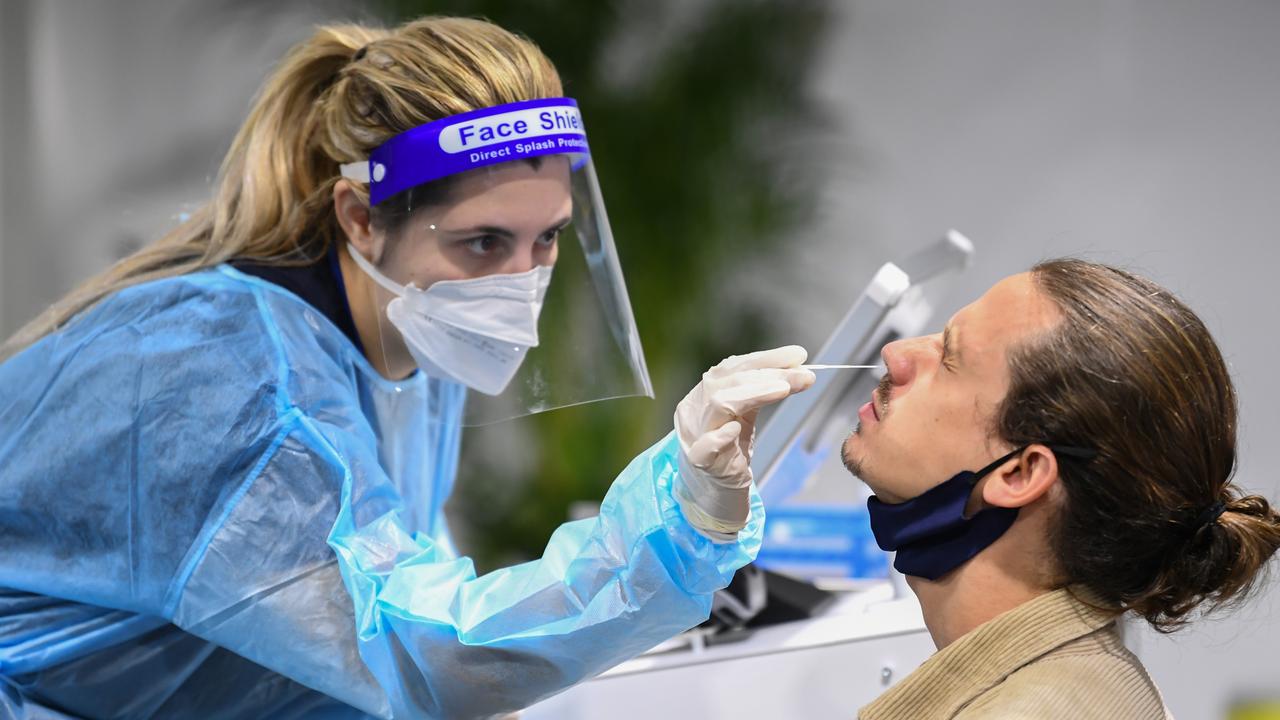Aussie professor shares prediction on when Omicron crisis will finally ease
An Aussie expert has revealed his surprising prediction on when the Covid crisis will finally ease – and it’s sooner than you might think.

A top Australian professor has predicted the current Omicron wave sweeping the nation will ease sooner than many think.
Appearing on Today on Thursday morning, infectious diseases expert Professor Peter Collignon of Australian National University said he didn’t believe we had reached the peak yet, with cases set to continue skyrocketing in the days ahead.
But he said cases would likely start to drop later in the month.
“You look at England and South Africa, it reaches a peak and goes up quickly and comes down,” Prof Collignon said.
“I think that we have a week or two to go.”
Prof Collignon said the current explosion in cases was caused by Aussies getting together with friends and family over the Christmas period, but that in January, we “tend to do more of our own thing”, which could alleviate the spread.
“I think it will go down. That takes five to 10 days. I would be optimistic it will come down,” he said.
But it’s not all good news, with Prof Collignon warning case numbers won’t go back down to zero.
“July, August, that is when this virus spreads more rapidly as is happening in the northern hemisphere,” he said.

“Provided that you’re vaccinated, it is not the end of the world. Most people will have very mild infections and get better after a day or two and [have] better long-lasting immunity than [from] a booster. We will have to wait and see.”
But he said the “real issue” was for people who remained unvaccinated.
“Adults unvaccinated, they are disproportionately in hospital and get sick and [have a] much increased risk of dying,” he said.
“The figures I have seen from ICU from a week or so ago, it is mainly Delta putting people into hospital and people who are unvaccinated.
“The evidence [for vaccination] is plain. It makes a lot of difference to you and society as a whole.”
Prof Collignon also weighed into the rapid antigen test crisis, and said the home-testing kits were critical.
“The rapid tests need to be made available, including for those who have got less money than a lot of the others,” he said.
“So whether you do it this way or you do it through a pharmaceutical benefits-type thing where you pay different amounts depending on your income, I will leave that to the Government.”

Prof Collignon said vulnerable Australians at higher risk needed to be prioritised for testing, while younger, double-vaccinated people “have a very, very high chance of not coming to grief with serious complications”, and therefore should simply isolate and take a rapid test if possible.
“We need to change our focus on how we handle this. Vaccines have made a huge difference to the complications for individuals but [also] relatively how many people we will see in hospitals and particularly ICU,” he said.
Prof Collignon was also asked how the nation would keep a handle on case numbers after national cabinet announced positive rapid antigen tests would no longer need to be confirmed with a PCR test.
He said it was “important” as authorities “really do need to know”, but that “we are going to have to find a different technique”.
However, he said the “main indicator” we now needed to focus on was ICU and hospital admissions.
“No matter how many cases you might miss in the community, a proportion will get sick enough to come to hospital. That tells us what is probably going on in the community,” he said.

“We can do blood tests after a while to see how many people have got it and special antibodies that we can look at. In real time, the only real indicator that is accurate that is about five to seven days behind us is hospital admissions for Covid.
“But we can actually also look at the tests getting the positive – we have to multiple that by a big number to see what is really out there in the community.”
Prof Collignon’s comments come after another grim day of Covid news, with a double vaccinated man in his 20s with no known underlying health issues dying of the virus in a NSW hospital.
Queensland’s chief health officer John Gerard has also warned of the “gross underestimate” of the state’s true number of Covid cases after 10,332 new infections were confirmed – the largest daily number since borders opened in December.
Meanwhile, NSW recorded 34,994 new cases, and Victoria confirmed 21,997 new infections, which is also an unwelcome record high.






